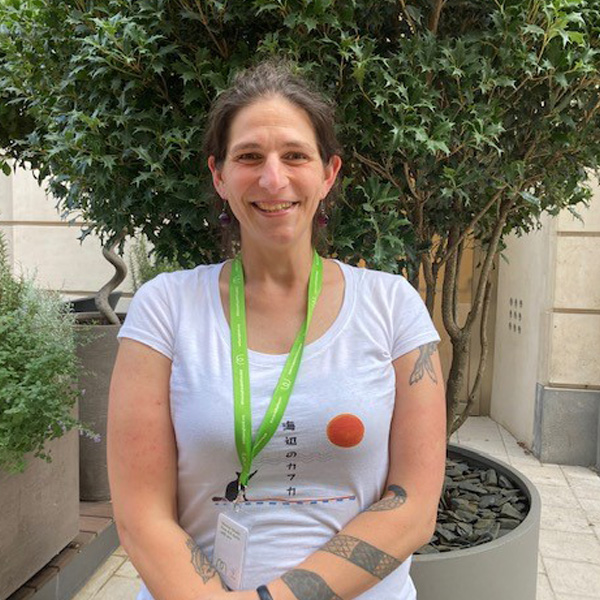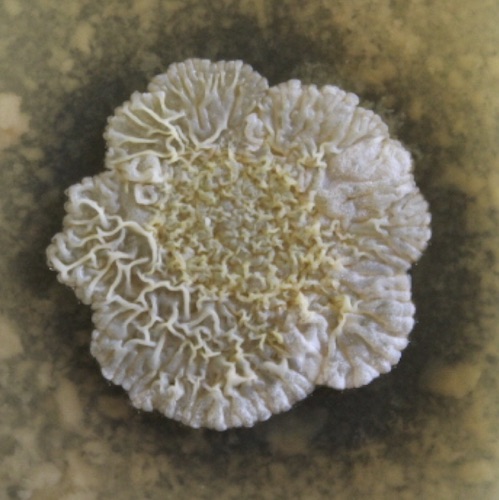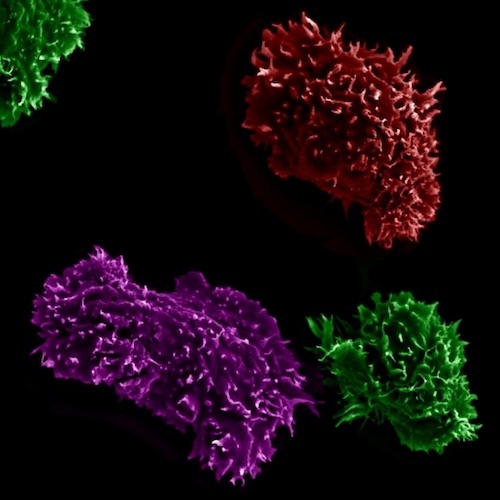Microorganisms are fundamentally important to every process on the planet including global nutrient cycling and influencing the lives of humans, plants and animals as key members of the microbiome or as pathogens. The Microbiology and Industrial Biotechnology Research group at the Strathclyde Institute of Pharmacy and Biomedical Science has research interests that encompass a wide range of microbiology and biotechnology with a clear focus on the basic biology of microorganisms (Herron, Hoskisson, Humphrey, Javelle, Roberts, Walker, Wang) ecology, evolution, discovery and production of specialised metabolites from bacteria (Herron, Hoskisson, Pritchard, Walker, Wang), Antimicrobial resistant infections (Herron, Hoskisson, Humphrey, Marshall, Roberts, Walker), Host-pathogen interactions (Humphrey, Marshall, Roberts, Walker), discovery of novel therapies to combat a range of microbial infections (Hoskisson, Roberts), Genomics of microorganisms (Herron, Hoskisson, Humphrey, Pritchard, Roberts, Wang), Computational biology (Pritchard), identification and characterisation of drug targets (Hoskisson, Javelle, Roberts), vaccine development (Roberts), Diagnostics (Hoskisson, Pritchard).
The Microbiology and Industrial Biotechnology Research has strong links with Industrial Biotechnology Innovation Centre and Scottish University Life Science Alliance.
Funding in the Microbiology and Industrial Biotechnology Research group is from BBSRC, EPSRC, MRC, iUK, IBioIC, Royal Academy of Engineering, Royal Society, Tenovus Scotland and a number of Industrial sources.
We are always happy to hear from prospective PhD students and post-doctoral researchers who would like to come and work with us - please email the appropriate research group member below to discuss funding opportunities.











